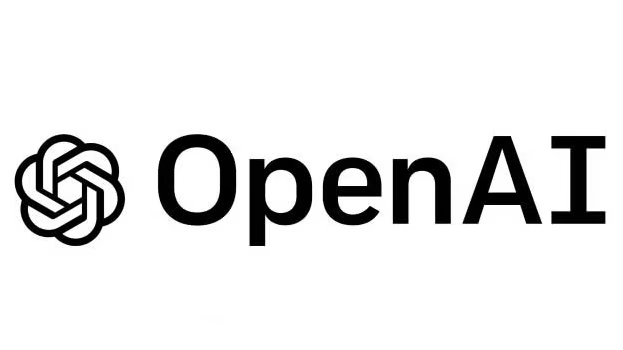Microsoft continues its aggressive push into the artificial intelligence arena, centering its strategy around the Copilot brand, an umbrella term for AI-powered features integrated across its vast portfolio of software and services. Recent announcements detail significant updates and expansions to Copilot capabilities, particularly within the Microsoft 365 suite and the Azure cloud platform, signaling a deepening commitment to embedding generative AI into the core user experience for both consumers and enterprise customers.
The evolution of Copilot represents a paradigm shift in how users interact with software. Instead of merely using applications as tools, the goal is for AI to act as an intelligent assistant, automating tasks, generating content, providing insights, and streamlining workflows. Within Microsoft 365 (formerly Office 365), Copilot features are becoming increasingly sophisticated. For instance, in Word, Copilot can draft documents, summarize long texts, and rewrite sections in different tones. In Excel, it can analyze data, generate formulas, and create visualizations based on natural language prompts. Outlook sees Copilot assisting with email summarization, drafting replies, and managing schedules, while PowerPoint benefits from AI-driven presentation creation and refinement.
Recent updates focus on enhancing the contextual awareness and proactivity of these features. Microsoft is working on enabling Copilot to draw information more seamlessly across different applications within the 365 ecosystem. Imagine Copilot referencing data from an Excel sheet while drafting an email in Outlook or pulling key points from a Teams meeting transcript to help build a PowerPoint presentation. This cross-app intelligence aims to break down information silos and significantly boost productivity by reducing the need for users to manually switch between applications and copy-paste information.
Beyond the user-facing applications, Microsoft is also bolstering the underlying infrastructure and developer tools through Azure AI. Updates to Azure AI Studio provide developers with more powerful tools to build, train, and deploy their own custom AI models or leverage Microsoft’s pre-built models, including those powering Copilot. This includes enhanced capabilities for managing data, monitoring model performance, and ensuring responsible AI practices are followed. By strengthening the Azure platform, Microsoft aims to make its cloud the preferred destination for organizations looking to develop and deploy AI solutions, further integrating Copilot capabilities into custom business applications.
The company is also refining its Copilot licensing and deployment models, particularly for enterprise customers. Offering different tiers and ensuring robust security, compliance, and data privacy controls are crucial for driving adoption in large organizations. Addressing concerns about data governance – how Copilot accesses and utilizes sensitive company information – remains a key focus.
The rapid iteration and expansion of Copilot underscore the competitive pressures within the software industry, particularly concerning AI integration. Companies like Google (with Gemini in Workspace) and various startups are also vying to deliver intelligent software experiences. Microsoft’s advantage lies in its vast existing user base across Windows and Microsoft 365, providing a massive distribution channel for its AI features. The success of this strategy hinges on delivering genuinely useful and reliable AI assistance without compromising user trust or data security, ultimately reshaping user expectations for productivity software.
Source: The Verge

